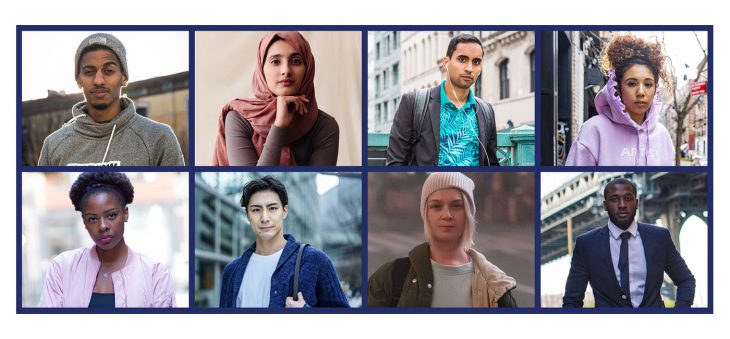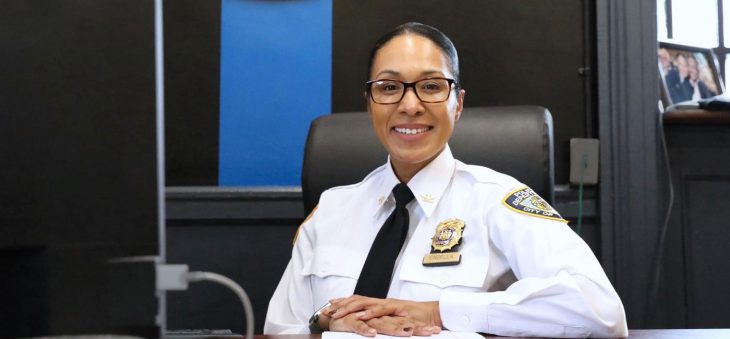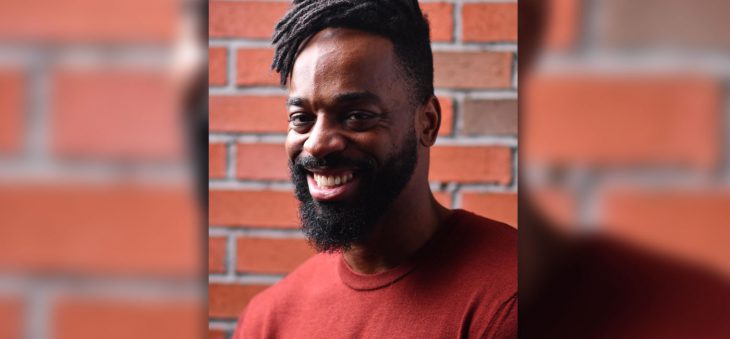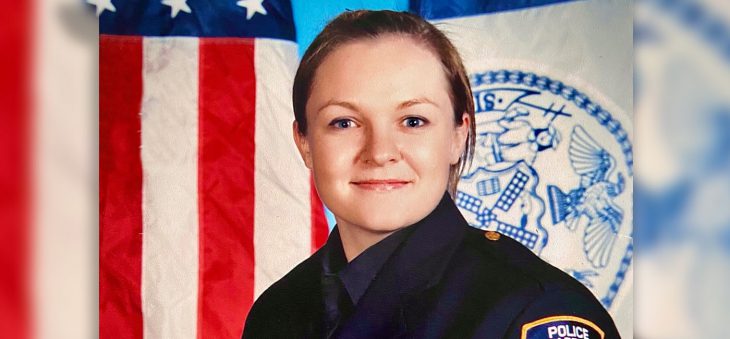“YOU’RE SEEING MORE PEOPLE OF COLOR, more working class folks starting to find their voice a little bit more. That’s why the politics in our country as a whole, regardless of the presidential race, is just shifting. Because you’re seeing these movements spark up backing working-class, everyday citizens as the representatives.”
–Ilona Duverge, John Jay Alumna and Co-Founder of the Movement School, a training program that teaches working class activists how to run grassroots political campaigns. MOTHER JONES
“THE ‘DOUBLE GAP’—a term I use to convey that Black women are subject to gender, as well as racial, wage gaps—has real, tangible consequences for the Black community in America. According to quantitative research I’ve conducted for the Roosevelt Institute, Black women in the U.S. were underpaid to the tune of about $50 billion in 2017—and this is an annually recurring loss to the Black community.”
—ASSISTANT PROFESSOR OF ECONOMICS MICHELLE HOLDER ON THE DOUBLE GAP IN PAY BETWEEN BLACK WOMEN AND WHITE MEN. MS. MAGAZINE
“EXPERIENCING THE SPECTRUM OF RACISM—from microaggressions to systemic oppression to hate violence—may negatively affect people whether someone is aware of it at all. If the person who committed the microaggression is in your life, it can always be worth bringing up. In the same way that a family member or friend may hurt you and it takes years to recover, the impact of a microaggression can be long-lasting too.”
—PROFESSOR OF PSYCHOLOGY KEVIN NADAL’S TOOL KIT, THE GUIDE TO RESPONDING TO MICROAGGRESSIONS, IS FEATURED IN A STORY ON HOW TO RESPOND TO MICROAGGRESSIONS. THE NEW YORK TIMES
“THERE’S NOT A LOT OF INFORMATION of how long Covid survives on textiles, but lots of places on your textiles can contain metal or plastic. If you’ve touched a contaminated surface with your clothes, sitting in a subway, leaning against a pole, there’s a chance you might bring that back home. As a regular hygienic practice, changing out of clothing you’ve worn outside and taking off your shoes when you enter the home is generally a good idea.”
—BIOMEDICAL RESEARCHER AND PROFESSOR OF PATHOLOGY ANGELIQUE CORTHALS, ON HOW TO DO LAUNDRY DURING THE CORONAVIRUS PANDEMIC. THE NEW YORK TIMES
“ASSERTING A DOCTRINE OF ‘STATES RIGHTS,’ Southern Democratic senators consistently thwarted federal anti-lynching legislation over the decades. So although federal anti-lynching legislation enjoyed majority support in the House in the 1920s and ’30s, through the filibuster and other means, Southern Democrats were able to block federal anti-lynching legislation.”
—PROFESSOR OF HISTORY MICHAEL J. PFEIFER ON WHY IT TOOK 200 YEARS FOR THE JUSTICE FOR VICTIMS OF LYNCHING ACT OF 2018 TO PASS, MAKING LYNCHING A FEDERAL CRIME. THE WASHINGTON POST
Photography: Gabriel Hernández Solano















